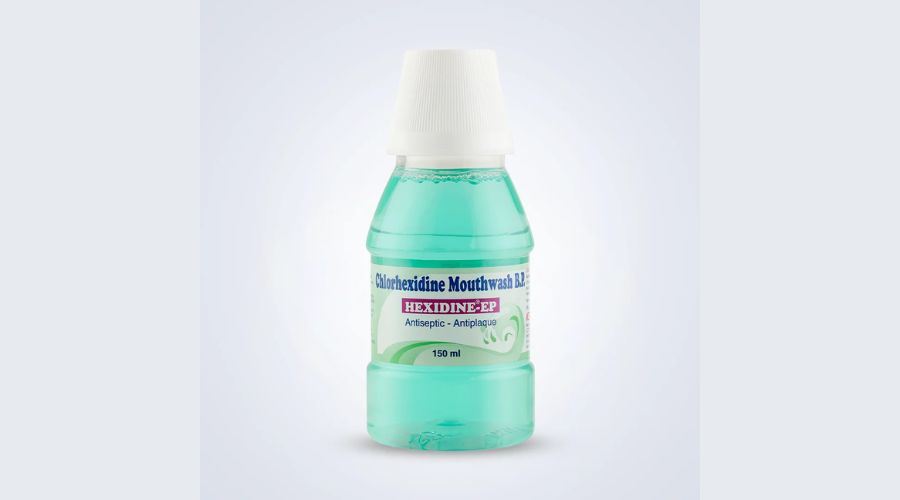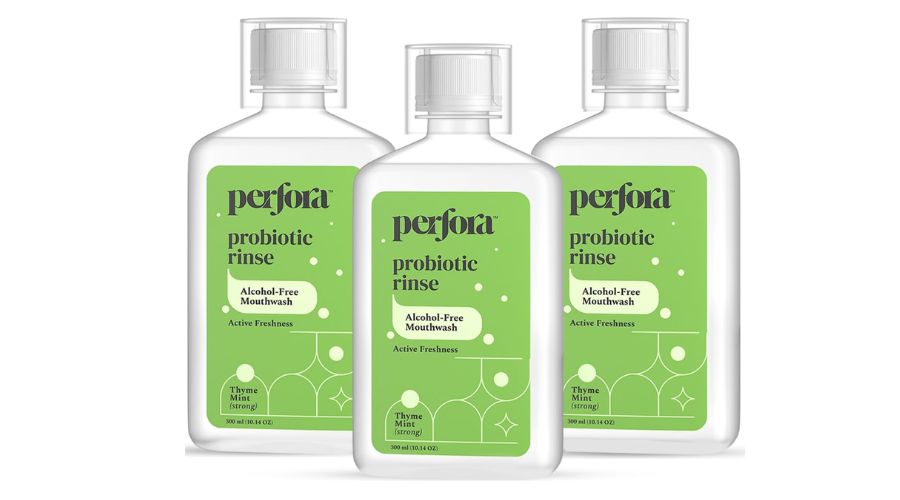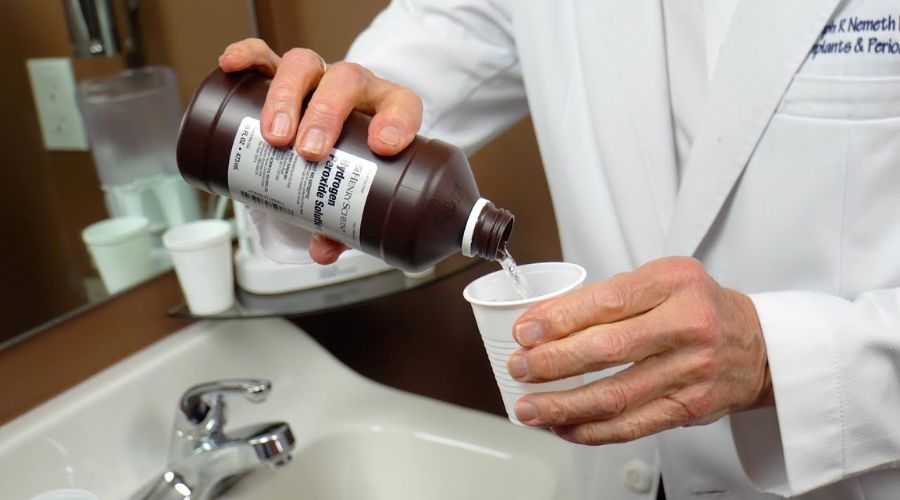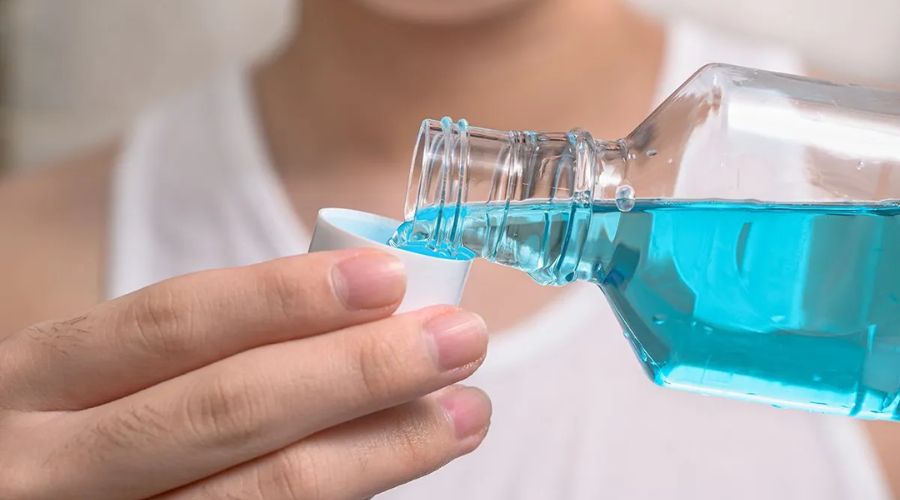What you need to use mouthwash for determines what the “best” mouthwash is. You can use mouthwash as part of your regular oral hygiene regimen or to help heal from an accident or mouth sore. Others can aid with breath freshening, gum bleeding prevention, and mouth pain relief. Even mouthwashes are available to help whiten teeth.
This article examines five distinct mouthwash categories, some of which are more widely available:
1. Chlorhexidine Mouthwash

An antibacterial substance called chlorhexidine is an active component of several mouthwash products. It is an effective broad-spectrum antibiotic that works well against the bacteria that cause periodontitis.
Following oral surgery, dentists may recommend chlorhexidine mouthwash to patients to promote healing by preventing the growth of germs and plaque.
Chlorhexidine mouthwash is only meant to be used temporarily since excessive usage might stain your teeth and tongue a yellowish or brownish colour. After using it, your taste may also change, especially when consuming salty meals.
Chlorhexidine is sold under the following brand names and is accessible with a prescription:
- Colgate Periogard
- 3M Peridex
- GUM Paroex
2. Fluoride Mouthwash

Fluoride, which helps prevent cavities and tooth decay, is a common ingredient in mouthwashes. By attaching to regions of decay and drawing other minerals to fill in any small gaps, fluoride “remineralizes” tooth enamel.
Additionally, fluoride contains antimicrobial qualities that stop germs from adhering to your teeth and from growing. Additionally, it can aid in the reduction of germs that cause halitosis, or foul breath.
Although fluoride mouthwash can complement a regular oral care regimen, it should not be used in place of fluoride toothpaste. The most efficient fluoride rinses are probably those that contain 0.05% fluoride.
Mouthwashes containing fluoride should not be ingested since they can be hazardous, especially to young children. Children under the age of seven should not use it since they might ingest it.
3. Hydrogen Peroxide Mouthwash

An active component of many household cleaning products is hydrogen peroxide. Because of its oxidizing activities, it possesses antibacterial and disinfecting qualities.
When hydrogen peroxide comes into contact with bacteria, oxygen molecules are released, causing a foaming action that breaks down the bacterial cell wall and kills the microbe. There is a bleaching impact from the same foaming action.
Because of this, mouthwashes containing a greater concentration of hydrogen peroxide are frequently used as an antiseptic to treat gingivitis, a kind of gum disease, and mouth sores. Less concentrated ones are frequently used as tooth whiteners. It is safe to use concentrations between 1% and 3%.
Mouthwashes containing hydrogen peroxide aren’t meant to be used regularly, as they may damage the soft dental pulp.
4. Essential Oil Mouthwash

Some people believe that essential oils derived from plants have therapeutic qualities. Numerous have been shown in studies to have anti-inflammatory, antibacterial, and antioxidant properties that make them potentially useful for skin application. Still, there isn’t enough high-calibre research.
However, it has been demonstrated that several essential oils used in mouthwashes have strong antimicrobial properties that may promote tooth health. These consist of tea tree oil, clove oil, peppermint oil, spearmint oil, and eucalyptus oil.
It might surprise you to hear that four essential oils, including peppermint and eucalyptus, are included in Listerine, one of the most well-known and established mouthwash products.
5. Saltwater Mouthwash

It is customary to advise rinsing with saltwater following tooth extraction. Because of their antibacterial qualities, tooth extraction-related complications, including dry sockets, may be less likely to result in infections and gum inflammation.
Warm salt water is well recognized for its ability to relieve mouth sores and ulcers, as well as sore throats. Saltwater may also aid in the treatment of foul breath due to its low pH. (Bad breath-causing bacteria need a high pH.)
There are several isotonic (i.e., having the same saline concentration as the body) saltwater mouthwashes available in shops.
Conclusion
Distinct mouthwashes have varying functions. Patients with periodontitis may occasionally be administered chlorhexidine mouthwashes, which are accessible with a prescription. Mouthwashes containing hydrogen peroxide can be used to whiten teeth or heal mouth sores temporarily, although fluoride mouthwashes are often used for everyday oral hygiene.
You may make homemade mouthwashes with salt water and essential oils to replace store-bought ones. Particularly helpful in avoiding infection following dental extractions or oral traumas is saltwater.


